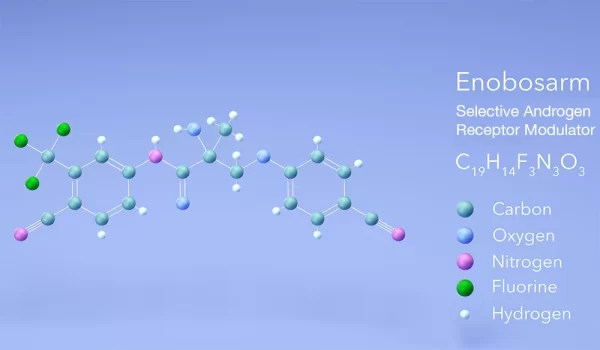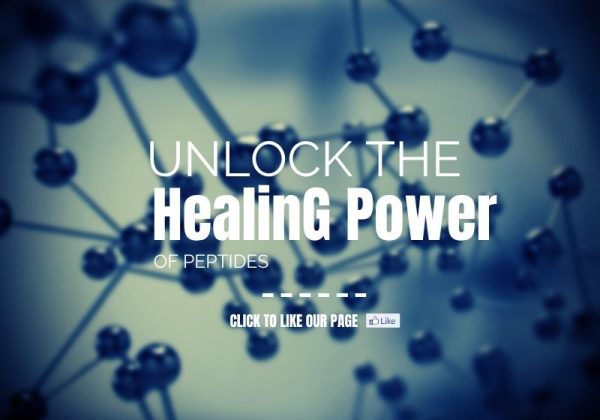When considering treatment options for erectile dysfunction (ED), it is crucial for men to take several essential steps to ensure they choose the most appropriate and effective Erectile Dysfunction Therapy. These steps involve understanding the condition, evaluating personal health, consulting healthcare professionals, and considering lifestyle changes. Here is a detailed guide on the essential steps to take before deciding on an ED therapy.
Understanding Erectile Dysfunction
Erectile dysfunction is defined as the persistent inability to achieve or maintain an erection sufficient for satisfactory sexual performance[5]. It can result from a variety of causes, including physical conditions like cardiovascular disease, diabetes, obesity, and hormonal imbalances, as well as psychological factors such as stress, anxiety, and depression[1][4]. Understanding the underlying cause of ED is vital in selecting the right treatment approach.
Essential Steps Before Choosing a Therapy
1. Comprehensive Health Evaluation
Before deciding on an ED treatment, it is important to undergo a thorough health evaluation. This includes:
- Medical History Review: Discuss any chronic health conditions, medications, and lifestyle factors with your doctor. Conditions such as diabetes, heart disease, and high blood pressure can contribute to ED[1][5].
- Physical Examination: A physical exam can help identify any physical causes of ED, such as nerve damage or hormonal issues[3].
- Psychological Assessment: Since psychological factors can play a significant role in ED, a mental health evaluation might be necessary to rule out anxiety, depression, or stress-related causes[4].
2. Open Communication with Your Partner
Involving your partner in discussions about ED can provide emotional support and improve the effectiveness of treatment. Open communication can help address relationship issues that might be contributing to the condition[1].
3. Consultation with Healthcare Professionals
Consulting with healthcare professionals, including a primary care physician, urologist, or psychologist, is crucial. They can provide:
- Diagnosis and Recommendations: Doctors can diagnose the specific type of ED and recommend the most suitable treatment options based on individual health needs[3][5].
- Information on Treatment Options: Professionals can explain the benefits and risks of various treatments, including medications, therapy, and surgical options[1][3].
4. Exploring Treatment Options
There are multiple treatment options available for ED, each with its own advantages and considerations:
- Oral Medications: Medications like sildenafil (Viagra), tadalafil (Cialis), and vardenafil (Levitra) are commonly prescribed and work by enhancing blood flow to the penis[1][3]. However, they may have side effects and are not suitable for everyone, especially those taking nitrates for heart conditions[3].
- Lifestyle Changes: Adopting a healthier lifestyle can significantly improve ED symptoms. This includes regular exercise, a balanced diet, quitting smoking, and reducing alcohol intake[2].
- Psychological Therapy: Counseling or sex therapy can be beneficial, particularly if ED is caused by psychological factors. Therapy can help address stress, anxiety, and relationship issues[2][3].
- Alternative Treatments: Options such as vacuum erection devices, penile injections, Testosterone Optimization Therapy and Hormone Replacement Therapy may be considered if oral medications are ineffective or unsuitable[3][5].
- Surgical Options: In cases where other treatments have failed, surgical interventions like penile implants may be recommended. These are generally considered a last resort due to their invasive nature and potential complications[3][5].
- Acoustic Wave or Shock Wave Therapy: Low-intensity extracorporeal shock wave therapy (Li-ESWT) is a non-invasive treatment option that uses sound waves to improve blood flow and stimulate the growth of new blood vessels in the penis. It has shown promise in treating vasculogenic erectile dysfunction, potentially offering a more lasting solution than traditional medications.
5. Consideration of Personal Preferences and Lifestyle
When choosing a treatment, consider your personal preferences, lifestyle, and the impact of the treatment on your daily life. Some treatments may require planning ahead of sexual activity, while others may offer more spontaneity[1][5].
6. Understanding Potential Side Effects and Risks
Each treatment option comes with potential side effects and risks. It is important to understand these and discuss them with your healthcare provider to make an informed decision[3][5].
7. Financial Considerations and Insurance Coverage
Evaluate the cost of different treatments and check with your insurance provider to understand what is covered. Some treatments may be more expensive than others, and insurance coverage can vary[1].
Finally:
Deciding on the right erectile dysfunction therapy involves a comprehensive approach that includes understanding the condition, evaluating personal health, consulting with healthcare professionals, and considering lifestyle changes. By taking these essential steps, men can make informed decisions that align with their health needs and personal preferences, ultimately improving their sexual health and quality of life.
If you’re interested in Erectile Dysfunction Treatment Plans, Peak Male Institute recommends a fully integrated approach, addressing medical and lifestyle factors to successfully address underlying conditions to improve your overall health. Peak Male Institute also offers Telemedicine Appointments along with their highly effective treatment options. Contact our medical specialists today to see what programs are available to get you started on a remote option treatment plan and begin Transforming Your Life today. Call: (941) 759-5955 or Email us to get started.
Citations:
[1] https://www.mayoclinic.org/diseases-conditions/erectile-dysfunction/diagnosis-treatment/drc-20355782
[2] https://www.choosingtherapy.com/erectile-dysfunction/
[3] https://www.webmd.com/erectile-dysfunction/erectile-dysfunction-treatment
[4] https://www.ncbi.nlm.nih.gov/books/NBK562253/
[5] https://www.hopkinsmedicine.org/health/conditions-and-diseases/erectile-dysfunction




